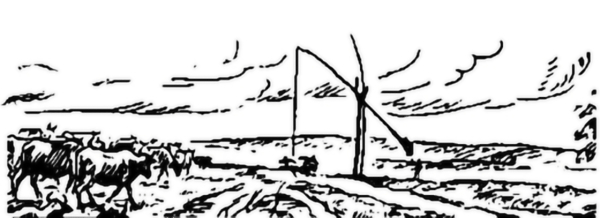_English_
User Tools
Site Tools
Sidebar
en:krasna:g-05-01-00
5.1 Church and religion
From the beginning, church and religion played a major role for the Bessarabian Germans. Krasna also rated the church and religion very highly. Church was:
- a place of focus during the initial rough years of the colonists
- influencing the colonists' daily lives to a large degree
- a major contributor to the development and structure of the school system of the colony until the revolution of 1917
- playing a guiding role to preserve and practice traditions and customs, which the German colonists cherished
Freedom of religion, which was guaranteed by the decree of November 1813 (See also 10, Documents and Reports about and of Krasna) granted freedom of religion until 1917. It was the only privilege still valid from the Tsarist Decree of 1813.
The church organisation of the German settlements of Bessarabia was as follows:
- 13 villages with churches and three parishes of Evangelical Lutheran faith,
- a Roman Catholic church district, which initially consisted of one Catholic colony, namely Krasna. Later, there were four villages: Balmas, Emmental, Krasna and Larga.
- Aside from these German colonies there were also non-German Catholic colonies. A document from 1840 lists the following Catholic communities of Bessarabia: Hotin, Balti, Chisinau, Bender, Soroca, Akkerman (Cetatea Alba), Crasna, and Izmail.
The church history of Bessarabia can be divided into three segments: 1814-1848, 1848-1921, 1921-1940.
en/krasna/g-05-01-00.txt · Last modified: by Otto Riehl Publisher


